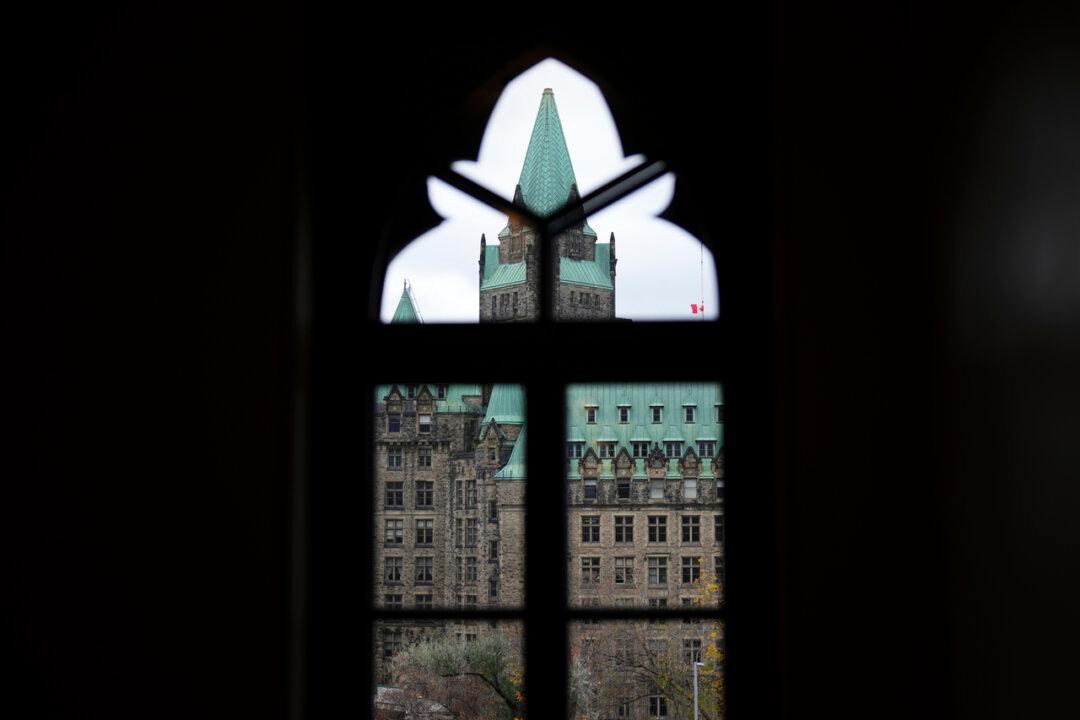Canada’s inquiry into foreign interference says it will put in place in the next few months measures allowing those who fear reprisals from participating in the process to ask that their identity and other information be protected.
In a Jan. 4 “Notice to the Public,” the federal Foreign Interference Commission said, “The Commission understands that some individuals may fear reprisals if they testify or provide information to the Commission.”





